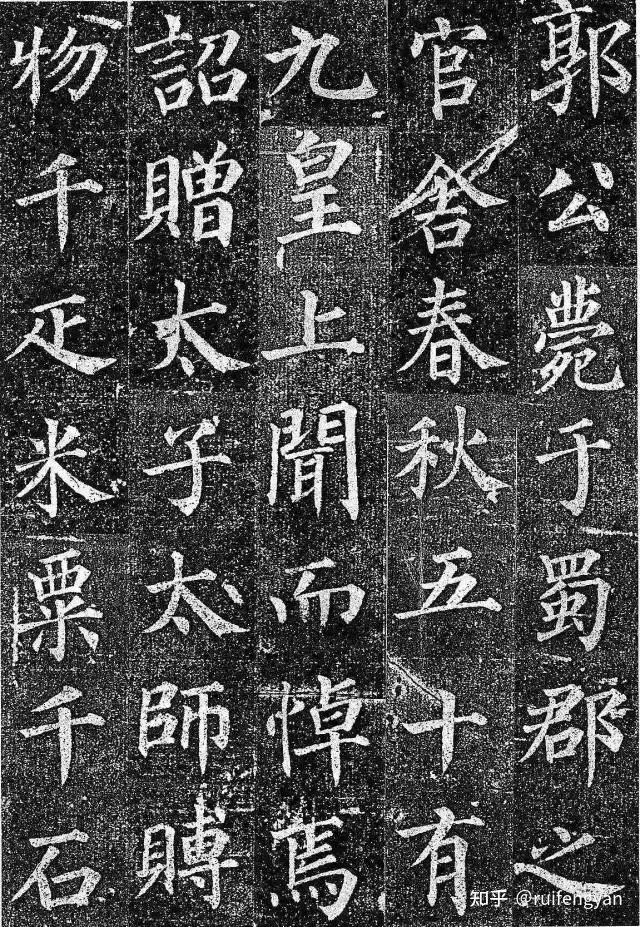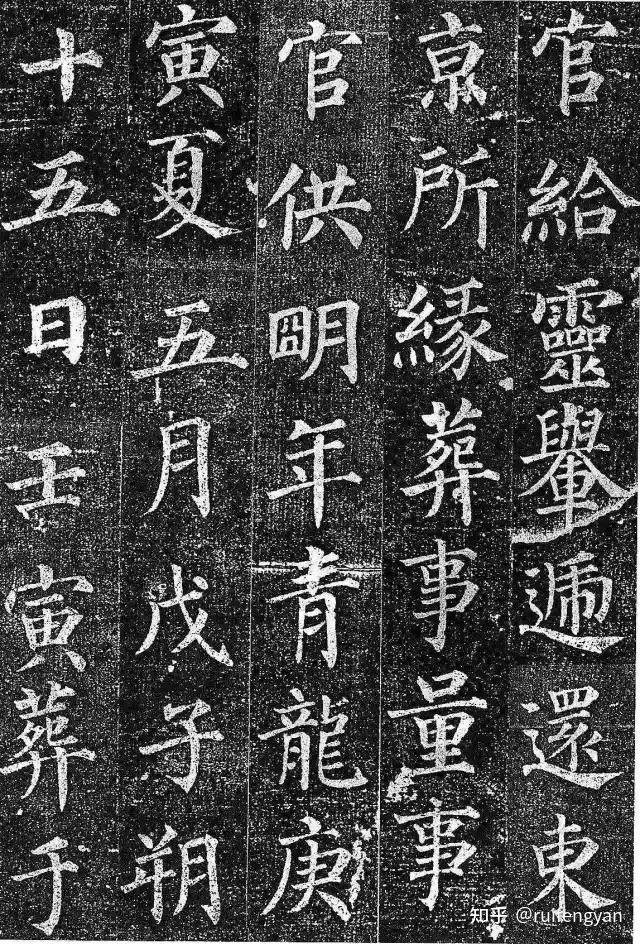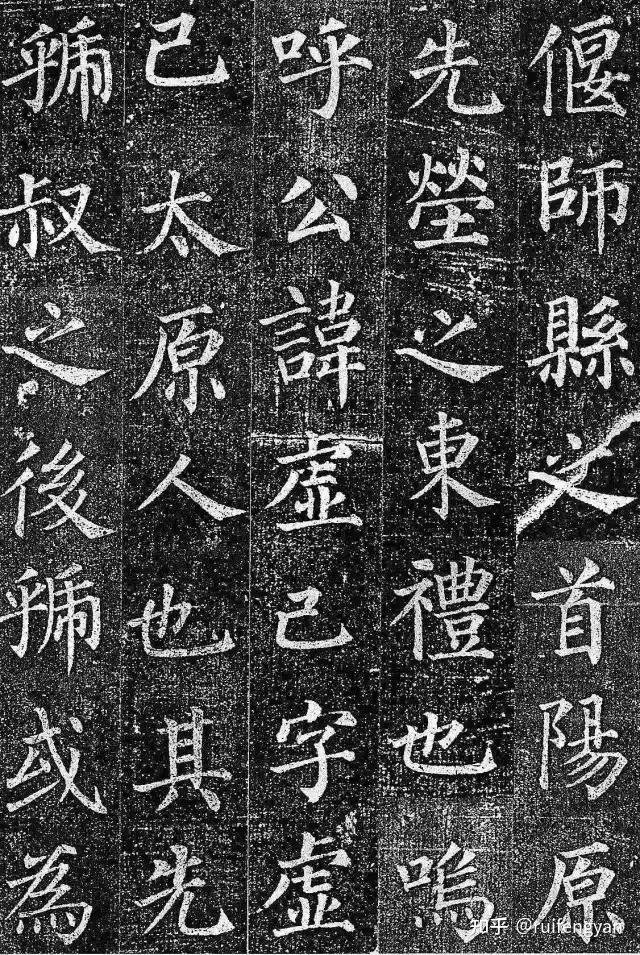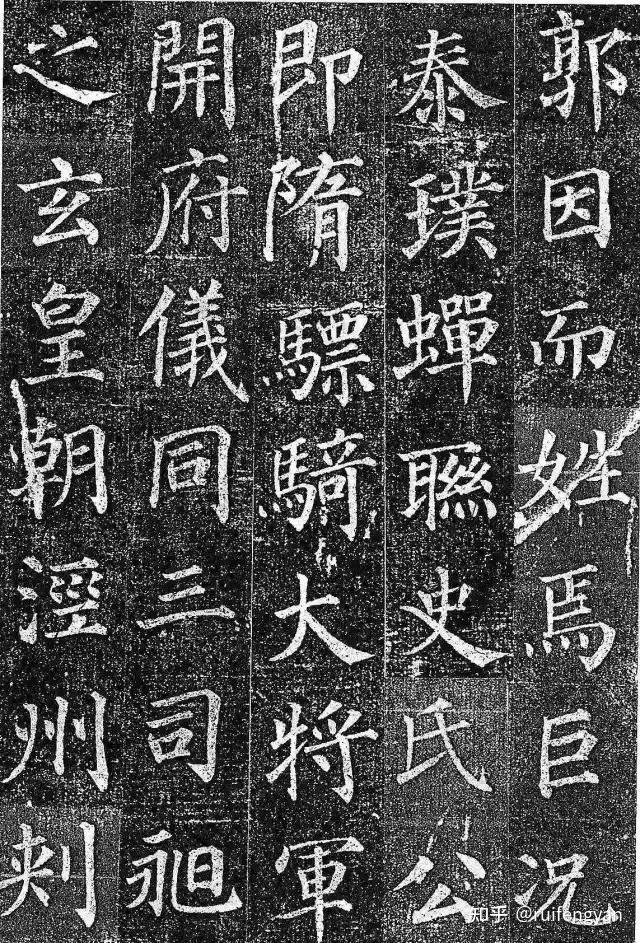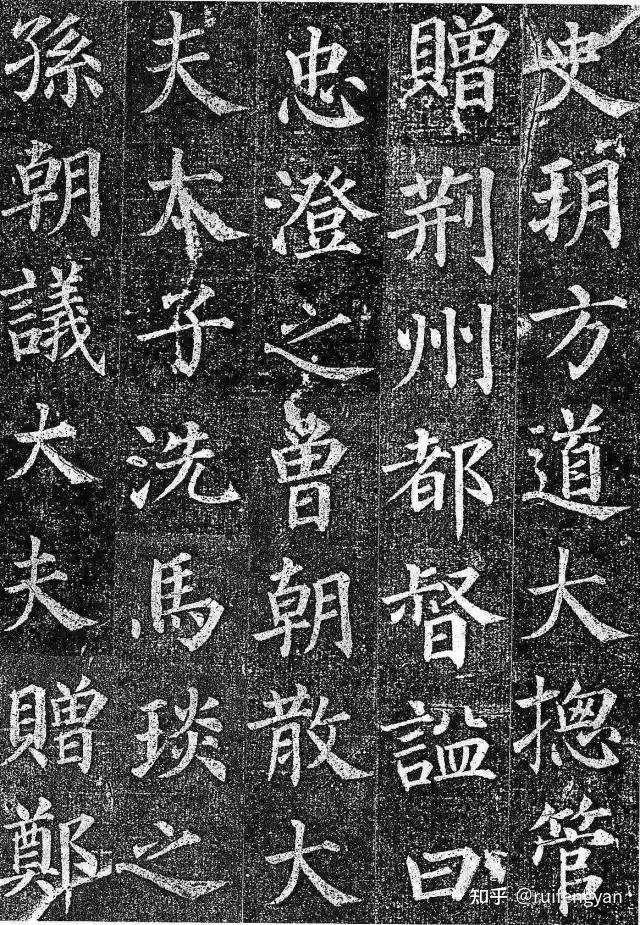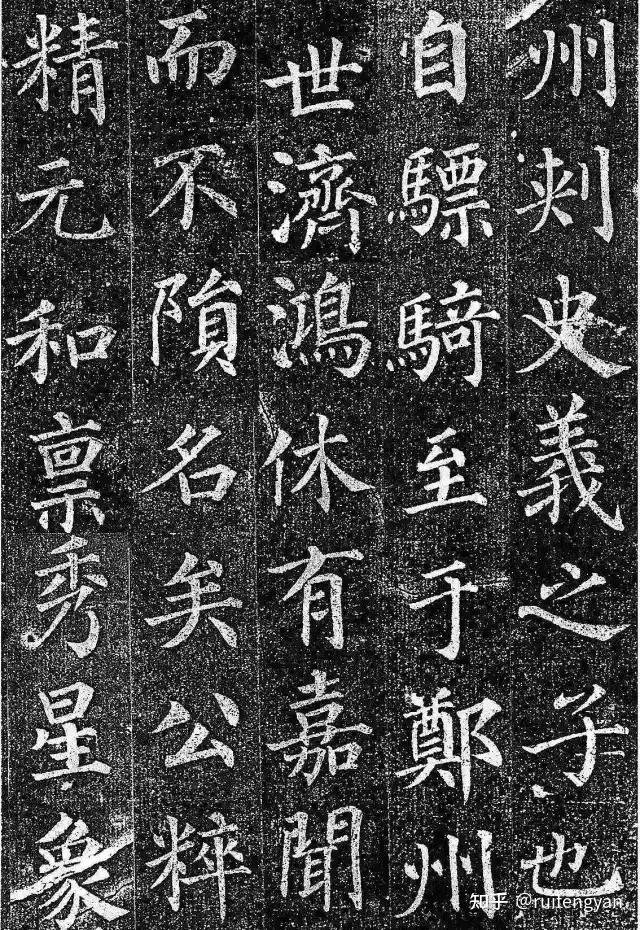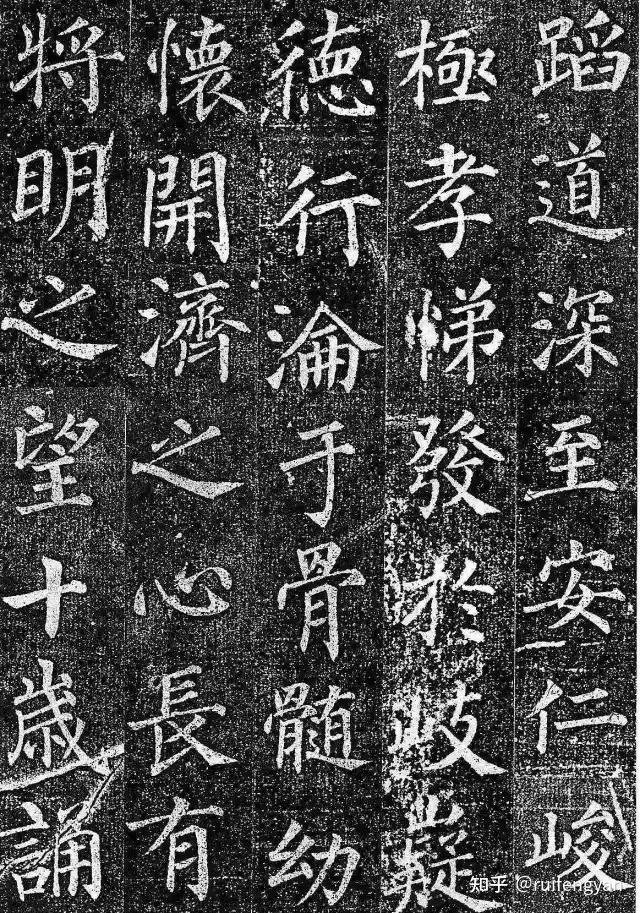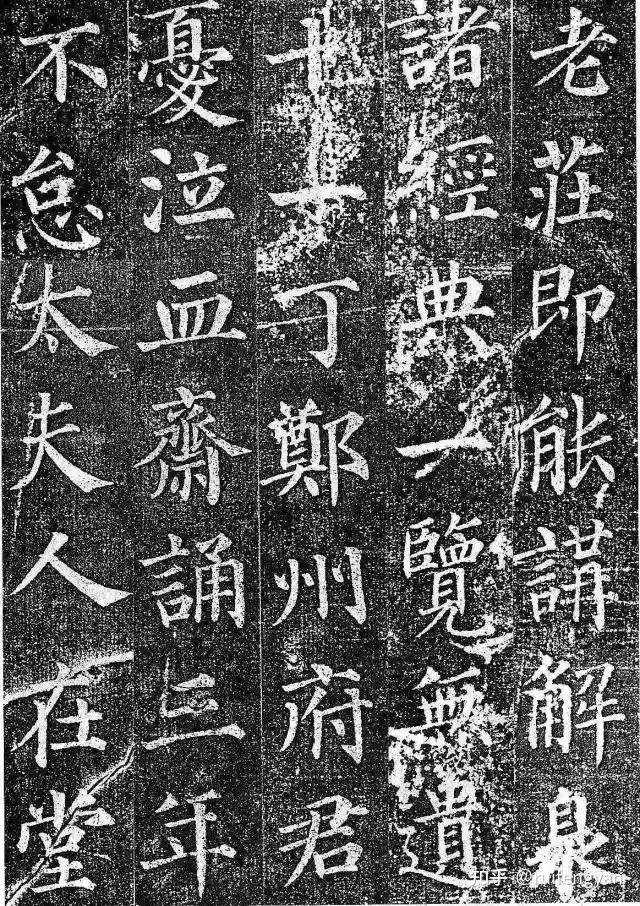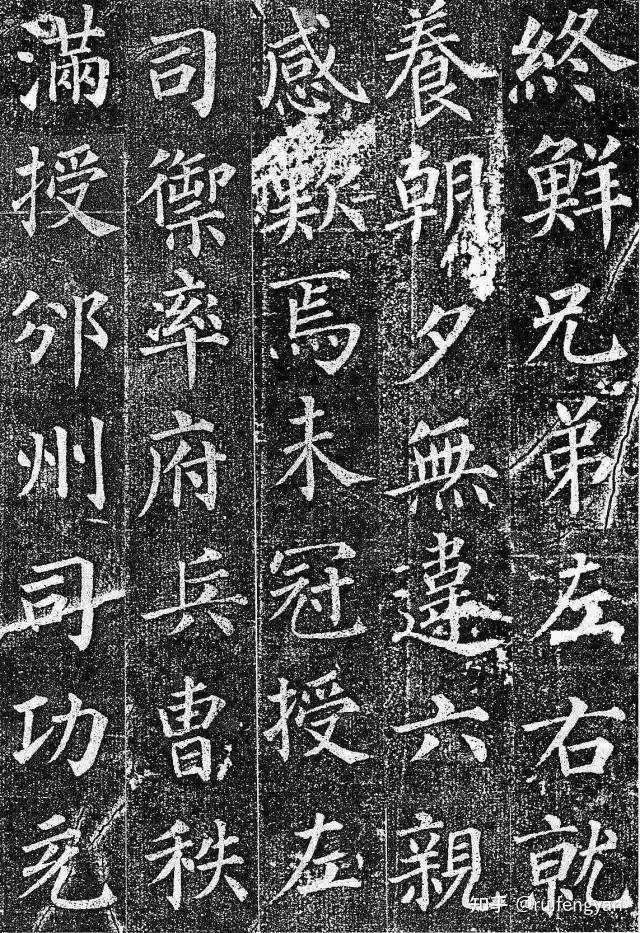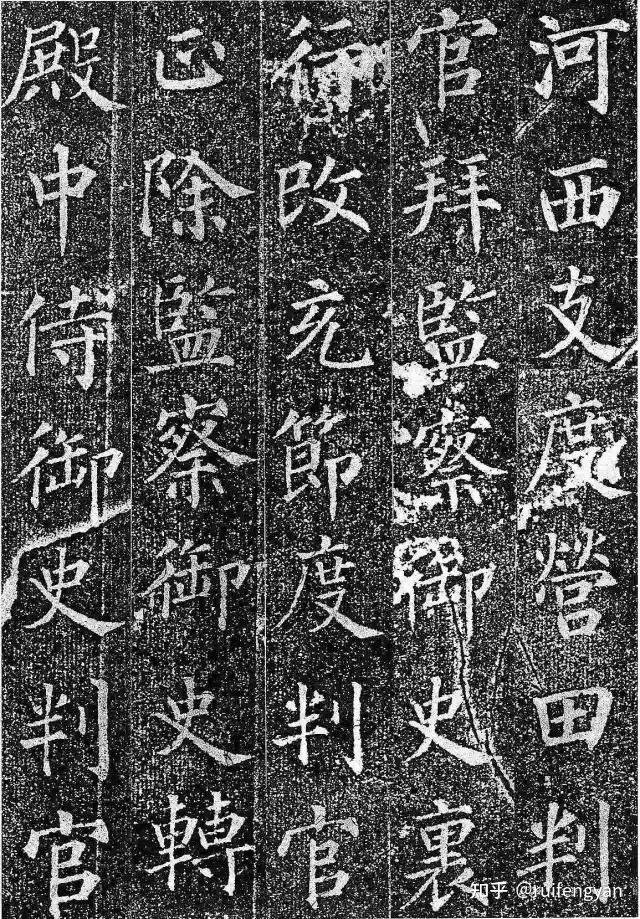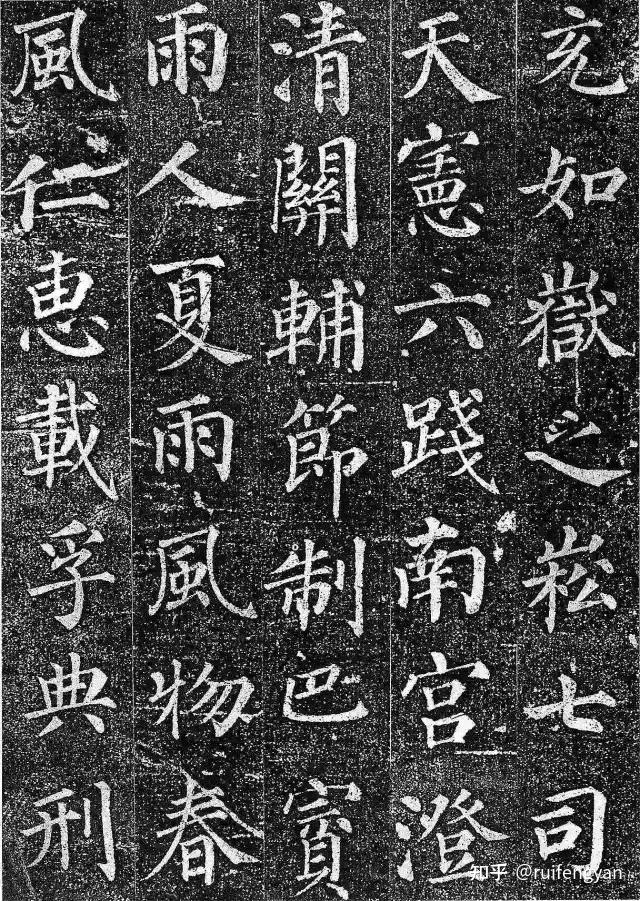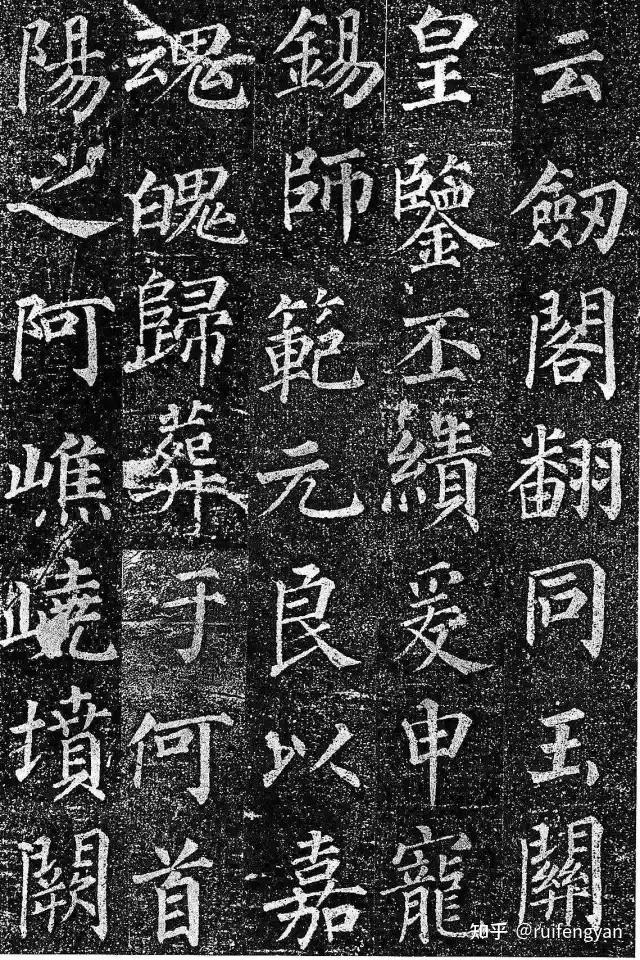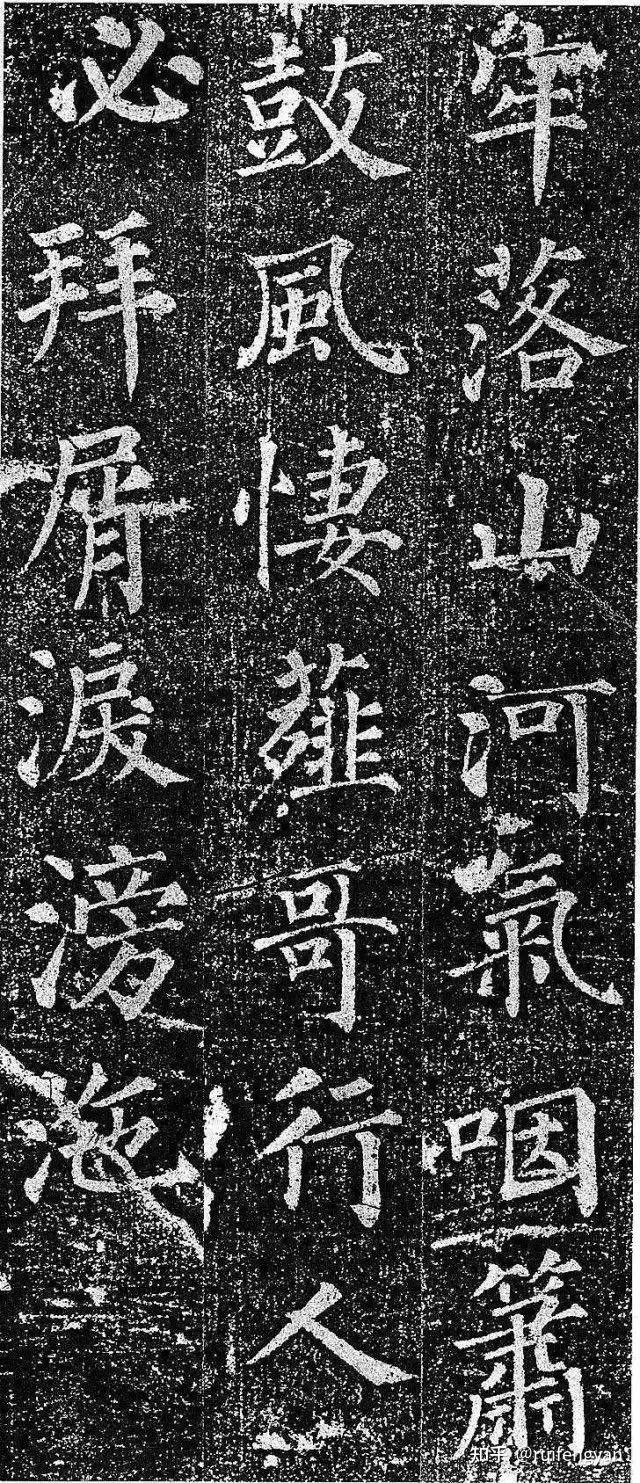In October 1997, a Tang tomb was discovered in a brick factory in Shouyangshan Town, Yanshi City. The tomb was an earthen cave tomb, which was severely damaged and no burial artifacts remained. Only an epitaph was found in the corridor. It was written by Yan Zhenqing, a great calligrapher of the Tang Dynasty. It is the earliest work of Yan Zhenqing's calligraphy art discovered so far. This epitaph has a tight character structure and strong and powerful strokes. It is inherited from the "Duobao Pagoda Stele" and has basically the same style. The earliest rubbing of the "Duobao Pagoda Stele" in the collection is a photocopy of the Northern Song Dynasty rubbing.
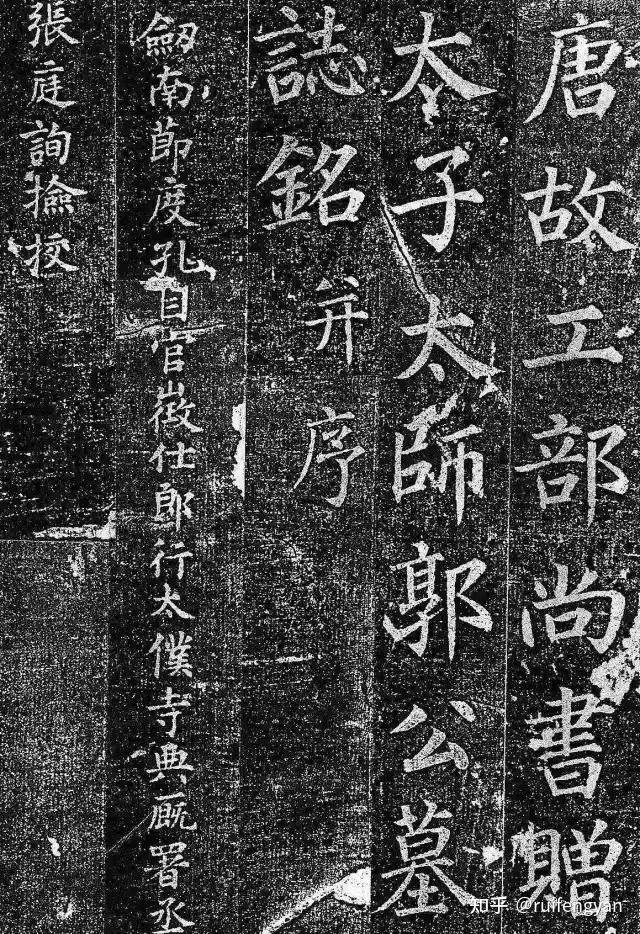
The newly unearthed "Epitaph of Guo Xuji" maintains the original style of Yan Zhenqing's regular script. The tombstone is bluestone, 107 cm high, 104 cm wide and 4.5 cm thick. The seal script on the top reads: "The epitaph of the crown prince, Grand Master Guo Gong, presented to him by the minister of the Ministry of Industry and Industry of the Tang Dynasty". The main text is in regular script, with 35 lines and a full line of 34 characters, totaling 1,150 characters. This calligraphy is a Yan stele unearthed from Henan in 1997. It is well preserved and has clear calligraphy. It is the earliest calligraphy work of Yan Zhenqing (written at the age of 41) that has been discovered so far.
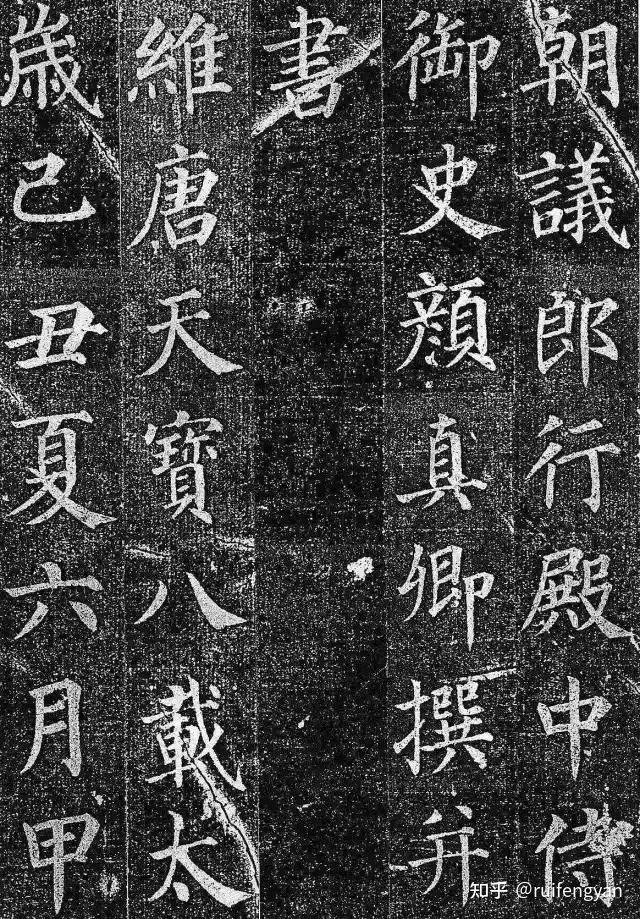
It records the life story of the owner of the tomb, Guo Xuji. Guo Xuji was a native of Taiyuan, Shanxi. He successively held the positions of Zhongcheng Envoy, Minister of the Ministry of Industry, Minister of the Ministry of Household Affairs, and Minister of the Ministry of Industry. During the battle to guard the border of the Tang Dynasty, Guo Xuji Ji Qin led his soldiers to fight on the battlefield and made many military exploits. He was praised by the emperor. He also rectified the instability in the border areas. In the eighth year of Tang Tianbao, that is, 749 AD, Guo Xuji passed away. After his death at the age of fifty-nine, the emperor ordered a state funeral for him.
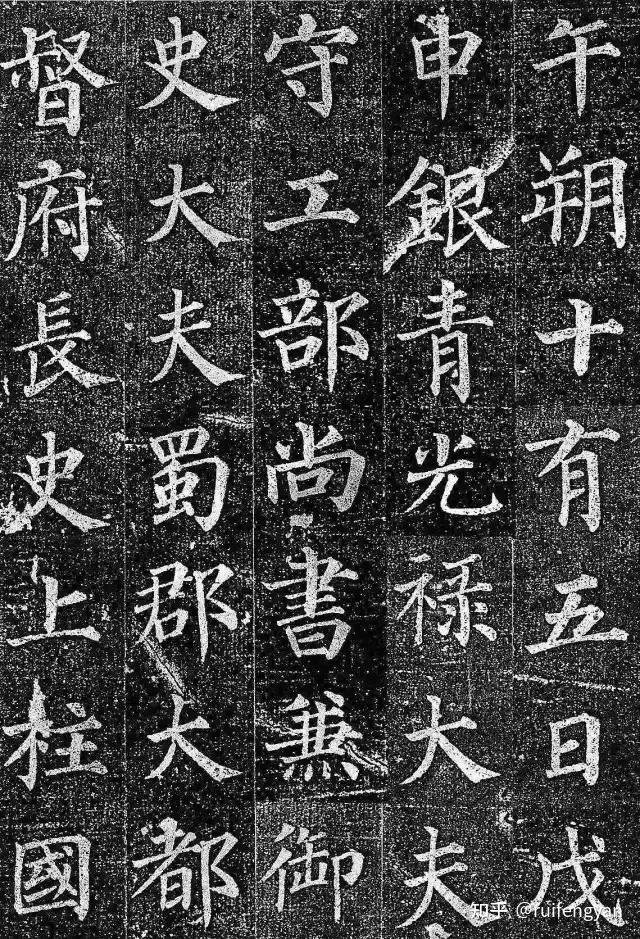
Judging from the Zhiwen, Yan Zhenqing admired Guo Xuji's talents and moral character very much. Yan Zhenqing admired the tomb owner's upright integrity and heartfelt righteousness. Therefore, having similar interests was the reason why Yan Zhenqing wrote an epitaph for Guo Xuji. Guo After Xuji's death, his wife asked Yan Zhenqing to write "Guo Xuji's Epitaph".
